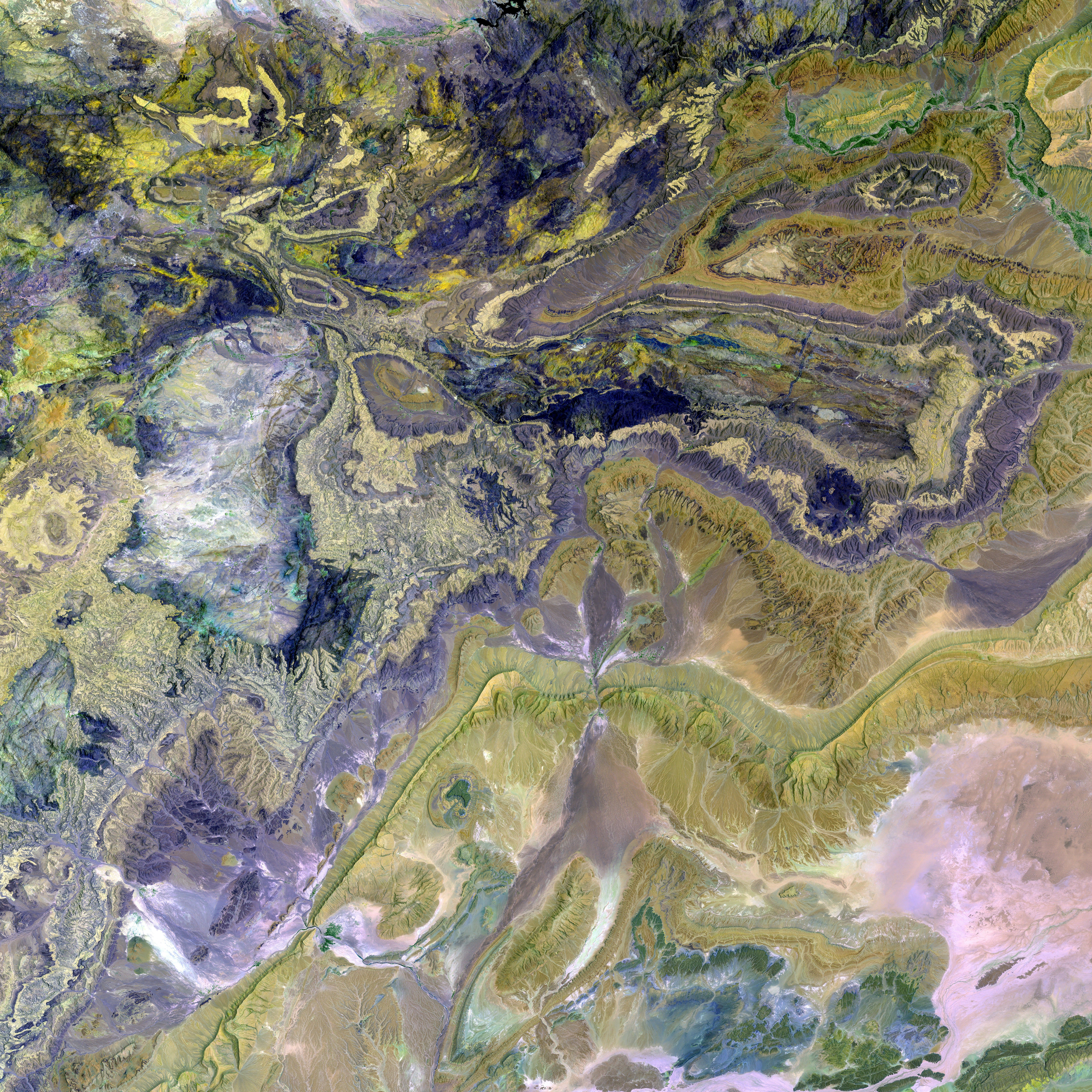Exposing Nasser's hidden truths: Arabs, Palestine, and strategic timing significance
Gamal Abdel Nasser wasn't just another Arab leader; he was a standard-bearer, and no one measures up. For the Arab masses, especially Palestinians, he was an icon. This legend started to take shape in Al-Faluja, a stronghold of resistance during the 1948 Zionist takeover of historic Palestine. A Major in the Egyptian army during the siege, Nasser fought valiantly alongside thousands of others, making Palestinians treat these retreating soldiers like heroes.
The 1948 war was a disaster for Palestinians and the Arab world, leading to significant territory losses for Israel. Nasser, despite the defeat, was generally considered faultless by a generation of historians who largely idealized him. However, recent research suggests a more nuanced picture of Nasser's views on the war and its impact on historic Palestine, as revealed in a conversation with former Libyan leader Muammar Gaddafi.
In the conversation, supposedly taped around the time that US Secretary of State William Rogers proposed a ceasefire between Egypt and Israel (the Rogers Plan II), Nasser seemed less committed to pan-Arabism and expressed frustration with Arab leaders. He questioned the motives of countries like Algeria, Iraq, Syria, and South Yemen, and criticized their "hollow slogans." Nasser was pragmatic, suggesting a demilitarized West Bank if he were ruling Jordan, controlling the West Bank at that time. He showed little enthusiasm for war, warning that calls to "liberate Palestine from the river to the sea" were counterproductive. These statements raise questions about whether the 1948 war was an unfortunate yet necessary outcome or a self-inflicted tragedy.
Meanwhile, Palestinians' expectations from the Arab world have shifted. Rather than relying on official calls to arms, they seek the cessation of actions that support the occupation state against the besieged people in Gaza. The modesty of their expectations reflects an era of considerable Arab weakness, bordering on subservience. The conversation between Nasser and Gaddafi, regardless of its authenticity or timing, may have little impact on Palestinians today, who have long moved past the unrealistic dream of Arab liberators coming to their aid.
Some argue that if Nasser were the leader of Egypt today, he would avoid direct military conflict with Israel and its allies. However, he would not become a key supporter of US-Israel-Western interests in the region or align with Washington and Tel Aviv to undermine the Palestinian Resistance. The fact that these modest expectations are all that remain highlights the significant shift caused by decades of disappointments and unmet expectations.
- The Middle East news, articles, and features continue to discuss Gamal Abdel Nasser's role in Yemen, especially his stance on the Israeli-Palestinian conflict.
- UN officials and NGO workers have been recording statements about Nasser's pragmatic approach, which they believe could be a blueprint for future peace negotiations.
- Egypt's government, in its latest statement, debated the relevance of Nasser's opinions in current Middle East politics and policy-and-legislation.
- Meanwhile, Palestinians in Gaza have been sharing their own opinion stories about Nasser, emphasizing his commitment to their cause.
- In a recent report, a Lebanese researcher argued that Nasser's perspective on the 1948 war could potentially reform war-and-conflicts strategies in the region.
- Some commentators in the general news also suggested that Nasser's ambiguous statements about war-and-conflicts might have indirectly influenced Egypt's military policy.
- Contrastingly, others have been discussing the necessity of adopting Nasser's demilitarized strategy to prevent car-accidents and other incidents during conflicts.
- In an unpublished interview, a renowned Egyptian historian expressed his opinion that Nasser's statements might have been misinterpreted, given the political climate at the time.
- The conversation between Nasser and Gaddafi seems to have been a hot topic in political debates, with every party having different views on its impact on the Arab world.
- The recorded conversation not only features Nasser's views on the 1948 war but also his thoughts on migration and the future of Palestine.
- Critics argue that Nasser's support for a demilitarized West Bank was primarily a tactical decision rather than an ideal policy.
- The UN has been working on developing a detailed report on the implications of Nasser's statement on the region's policy-and-legislation.
- Israel's President has been conducting sports-betting on political events, including whether Nasser's strategy would be implemented in future conflicts.
- Palestinian resistance groups, on the other hand, have been focusing on football, using the Champions League and European leagues to spread their message.
- Some amongst them believe that Nasser's approach is misguided, questioning whether he misunderstood the role of liberators in the freedom struggle.
- The Premier League has been under the scanner for its approach towards geopolitics, with many accusing it of siding with Israel.
- Weather forecasting and sports-analysis have been taking a backseat as political debates continue to dominate the news cycle.
- Egypt's Military has been gradually adopting a more pragmatic stance, mirroring Nasser's approach to conflicts.
- Meanwhile, the growth of crime-and-justice in Gaza is a concern for both Palestinians and international organizations.
- In a weather update, it was reported that heavy rains in Gaza could lead to accidents and fires, complicating the already challenging situation.
- Palestinian activists have been using social media to gather support for their cause, sharing stories of resistance and survival.
- Political analysts have been assisting in crafting policy recommendations, focusing on restoring the balance between Israel and Palestine.
- With the Rogers Plan II in the spotlight, world leaders are looking back at Nasser's statements and deliberating on the best course of action for the Middle East.








